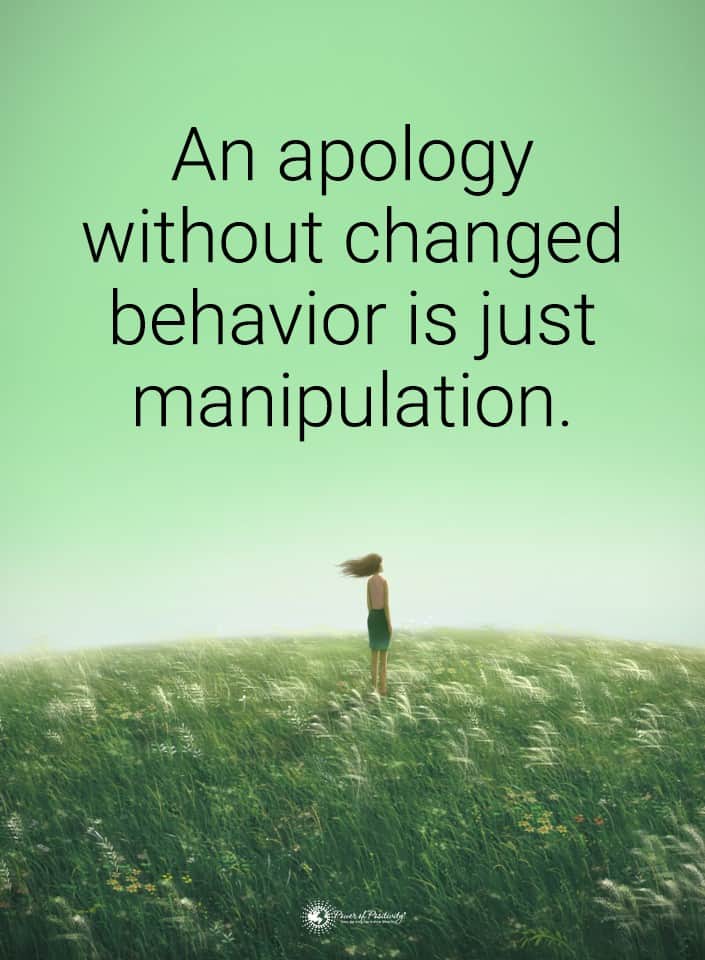Do you feel trapped in a codependent relationship draining you physically, mentally, and spiritually? A relationship is meant to benefit both people. However, it turns toxic when one person demands all the attention, and you search for a way to detach from them.
What is Codependency?
You can depend on each other in a healthy relationship with a mate, relative, or friend. However, a codependent relationship is one-sided, and one person constantly caters to the other person’s needs. A study published by Dr. Ingrid Bacon explains the main signs of this toxicity are as follows:
- Chronically sacrificing yourself for the relationship
- Focusing on their needs while neglecting your own
- Constant conflict because of the other person’s control issues
- Difficulty expressing and recognizing your emotions
It’s an unfair advantage when you’re giving your all, and everything you have falls short. Codependency is often linked to substance abuse and other self-destructive behaviors. Some of these people have narcissistic personalities and prey on caring and selfless people.
Here Are Some Ways to Detach From Codependency
When the only thing that binds you is codependency, the relationship feels more like a prison. Maybe you can’t stand up to your toxic partner, relative, or friend. You owe it to yourself to speak up and detach from this burdensome situation.These toxic relationships usually involve mental, psychological, verbal, and physical abuse. None of these are any good for your mental and physical wellbeing. Here are some ways that you can detach from this overly toxic situation.
1. Weigh Your Options to Decide How to Detach
Often, a codependent relationship will create misconceptions about your life. Maybe the other person makes you feel like you have no other options. They might even tell you that directly.
Before you can love another, you must love yourself. Realize that you deserve a relationship that works for you, not one based on obligation. You have every right to detach from a toxic relationship.
Remember that you can be with someone who gives as much as you do. If your current person wants to wallow in self-pity and toxic behaviors, it’s their choice. It’s also your choice to walk away and heal.
2. Have a Conversation
If you’ve been in a codependent relationship for a while, it probably won’t be easy to detach suddenly. However, if you talk about it, you can make the transition easier for you both. Do it at a time when you are both calm, and you do not have any distractions.
Be honest and say how you feel. Try to listen to what your partner has to say actively. Bringing everything out into the open makes you less likely to have misunderstandings.
3. Stand Your Ground as You Detach from Your Partner
Some people are so needy in a relationship that they can only think of themselves. Does this description fit your significant other? You’ve spent so much time doing for them that you’ve lost yourself.
Be firm in what you say if you’ve decided to detach from a toxic person. If you remain in a relationship hoping that they will change their self-destructive habits, you’re only hurting yourself. It’s time that your needs and dreams are addressed.
What if your relationship with a family member is codependent? Although you’ll always be related, you have a right to set and enforce boundaries. Let them know that while you’ll always love them, you’ll no longer be a party to their self-serving ways.
4. Try to Stay Calm
There’s no easy way to break up a relationship, especially a codependent one. As you discuss your decisions with your soon-to-be ex-partner, emotions will probably be over the top. Expect them to be shocked, sad, or angry. If it turns to violence, go immediately and seek help if needed.
Try to be as calm as you can in the conversation. They may try all sorts of manipulations, such as gaslighting or shifting the blame. This is typical behavior for a toxic partner.
It’s best if you don’t lose your cool and give in to their manipulation. If the emotions escalate, you may be tempted to cry, scream, or curse at them. These may be the emotions that your mate is displaying.
However, if you speak calmly and don’t play the blame game, your partner may listen and mirror your quiet mannerism. You can’t reason with someone in a shouting match.
5. Speak Your Mind
Just because you stay level-headed in this conversation doesn’t mean you are giving in to them. Be honest if you are trying to detach from a toxic relationship with a lover, family member, or friend. You have every right to express how you feel and that you’re tired of being taken for granted.
This isn’t a time to keep score or to remember every instance of their failures and shortcomings. Focus the discussion on your feelings by using “I feel” statements. For example: “I’ve given it a lot of thought, and I feel like I owe it to myself to call it quits. I can’t continue being an enabler to self-destructive habits, and I deserve happiness.”
Your feelings and decisions aren’t up for debate. Of course, they’ll try every tactic to make you feel sorry for them. Let them know that this is when you must consider your needs.
6. Setting Boundaries Is Essential as You Detach
You can detach from a codependent relationship with a lover or a friend without facing them again. However, it’s not that simple if it’s a parent, sibling, adult child, or relative. Genetics may connect you for a lifetime, but you still have a say in coping with that person.
You must discuss the toxic relationship and be clear about the boundaries you set. Let them know how you want to be treated. For example, tell them that while you love them, you’ll no longer be bailing them out of their financial crises from poor money management.
If they can’t respect your terms, you won’t associate with them until they do. They may feel hurt, but it’s the only way you can repair the relationship. You needn’t be a savior to someone constantly taking advantage of you, even if they are family.
7. Reviewing the Relationship
Breaking a codependent relationship can be a devastating loss. As you remember the past with the toxic person, you may try to sugarcoat all the pain. There may have been some good times together, but the good things don’t negate the negativity that makes it impossible to continue being together.
It’s helpful to concentrate on positive aspects and grow from them. However, don’t use them as an excuse to stay in an unfulfilling relationship. Be just as transparent with yourself as you are with your toxic person.
8. Consider Some Alone Time
In a study published by the Journal for the Theory of Social Behavior, Christopher Long and James Averill state that solitude can be beneficial. It gives you quiet time to boost creativity, freedom, and intimacy. These are vital components in your decision to break away from a one-sided relationship.
Most people don’t have the luxury of renting a log cabin in nowhere. Any place you can retreat to peace will help. Turn off the phone and other technology and try to focus on what you need.
9. Boost Your Self-Talk to Detach from Codependency
How would you feel if somebody treated you the same way you treated yourself? Would you be pleased or hurt and insulted? Walking away from a codependent relationship may require changing your inner conversation.
A toxic partner would make you feel like everything is your fault. Soon, the voice in your mind may tell you that you constantly mess up and aren’t good enough. Negative self-talk can lead to anxiety, depression, and other mental issues.
It’s time to be your advocate and put yourself in a positive light. Remind yourself that you are beautiful and worthy of love and a fulfilling life. It’s not your fault that a toxic partner, relative, or friend won’t change.
Stop listening to the past negative conversations in your mind and replace them with positive, inspiring ones. By using the law of attraction, the Universe agrees with your affirmations and makes them so. It may take time to change your self-talk, but you’ll be glad you did.
Final Thoughts on the Need to Detach From a Codependent Relationship
It’s challenging to detach from a toxic relationship, especially if it’s family or someone you’re in love with. However, you must consider your mental health needs above anyone else. Codependency is a big issue; you will feel free once you break the chains that bind you.

















 Community
Community

